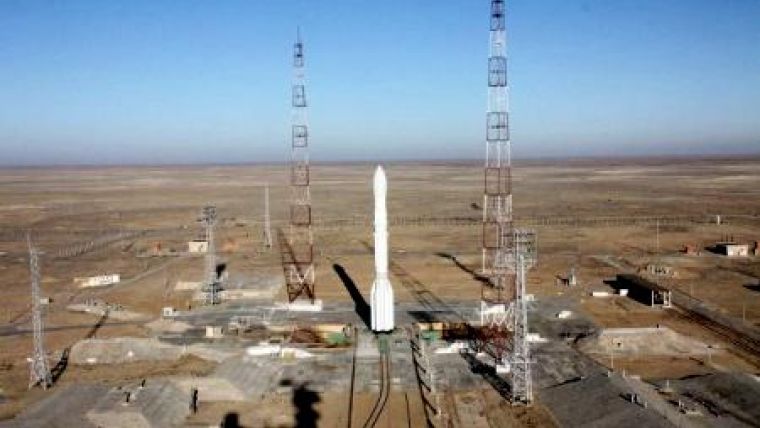Launch GLONASS Satellites Failed
According to Ria Novosti, the main cause of the loss of Russia's three Glonass-M satellites was due to human error caused by fueling the booster rocket with an excess of 1.5-2 tons of fuel, the head of the Russian state commission probing the incident said on Friday. The excessive fuel caused the DM-3 booster rocket to deviate from its course, leading to the subsequent loss of the satellites in the Pacific Ocean earlier in the week.
"According to preliminary information, the problem was not the fuel service unit at the launching site, but one of the sensors showing the fuel level," said Gennady Raikunov, the head of the Central Scientific Research Institute of Machine Building, who also heads the investigation commission.
"We do not exclude a human error," he said adding that the Russian company Energia may be linked to the incident.
The December 5 launch of the Proton-M carrier rocket was supposed to finalise the construction of Russia's navigation system Glonass, similar to the U.S. GPS. However, the rocket, which blasted off from the Baikonur Space Center in Kazakhstan, deviated from its course by 8 degrees, resulting in the loss of the DM-3 booster with the satellites. According to reports, the spacecraft fell into the Pacific Ocean, northwest of Hawaii.

Value staying current with geomatics?
Stay on the map with our expertly curated newsletters.
We provide educational insights, industry updates, and inspiring stories to help you learn, grow, and reach your full potential in your field. Don't miss out - subscribe today and ensure you're always informed, educated, and inspired.
Choose your newsletter(s)












